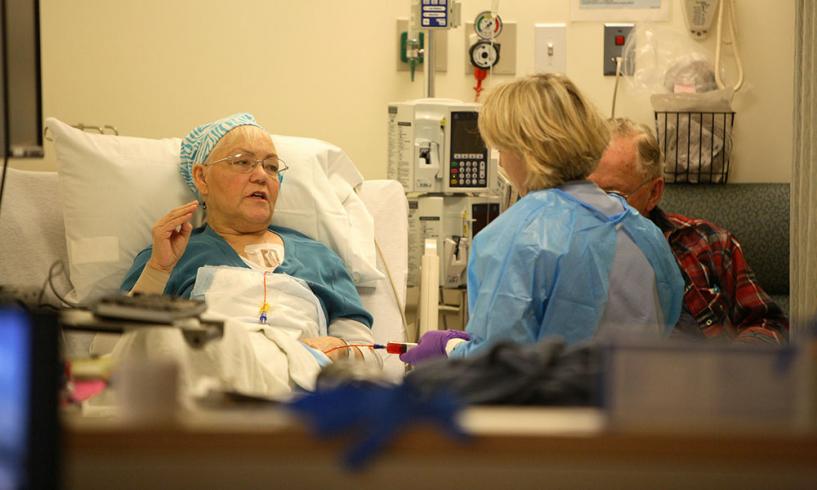Navigating the healthcare system as a patient with cancer, with multiple treatment options, frequent appointments, diagnostic tests, new medications, and insurance complications, is confusing and can become overwhelming. Advocacy is one crucial role a nurse fulfills, providing education and support to assist patients with making decisions and managing their condition.
However, because of clinical time constraints and other acute priorities, primary nurses are limited in their ability to provide comprehensive patient advocacy. Inpatient social workers, case managers, and even chaplains are all great resources, but their assistance is mostly limited to that hospitalization. Hospital patient advocate services are often used to address complaints rather than individual healthcare management. Some nurse navigators function in outpatient settings, but they usually handle care only related to their specialty.
Private Patient Advocates
Patients looking for someone who can provide dedicated help and guidance managing their medical condition may choose to use private or paid patient advocates. Increasing in popularity, these advocates perform a variety of tasks such as escorting patients to appointments, teaching patients about their condition and symptom management, filing for disability or an insurance appeal, and tracking medical records. The Alliance of Professional Health Advocates says that a private patient advocate can offer professional, focused care for patients on a long-term basis, providing continuity of care and 24-hour-a-day availability.
Ethical and Quality Concerns
Because private advocates are usually paid directly by patients, many healthcare professionals express concerns about the ethical nature of the relationship. APHA compares hiring a paid patient advocate to private education; in both cases, the client is paying additional to receive a more dedicated, specialized, and individualized service. The theory is that private advocates will represent patients and act in their best interest, whereas a nurse, social worker, or provider will likely have allegiance first to the organization to which they belong.
Additional concerns involve the quality of advocacy. Many private advocates have healthcare experience and credentials, including nurses and physicians; however, some advocates have no formal healthcare training and were previously caregivers for a family member or friend. Most specialize in specific areas where they have an extensive knowledge base.
Various patient advocate educational programs are available through organizations such as APHA, the National Association of Health Advocacy Consultants, and the Professional Patient Advocate Institute. No national accreditation or certification programs currently exist, and licensure is not required.
Affordability
Private advocates, because of their extensive healthcare experience, can be paid upwards of $200 per hour. Recently, Medicare has reimbursed for some advocacy services, but to date no private insurance has this benefit. Some employers, labor unions, and churches may also offer private advocate services.
Patients looking for a patient advocate can search at www.advoconnection.com, which is a directory of APHA members. For those who cannot pay for a private advocate, the nonprofit Patient Advocate Foundation assists patients in finding care and addressing insurance issues.
Private patient advocates can be a great resource for those who can afford their services. Patients with cancer, who have complex and extensive treatments, can especially benefit. Private advocates can assist not only patients, but also their nurses by facilitating clinical interactions, reinforcing education, and providing support as they work with staff in a patient’s best interest.






